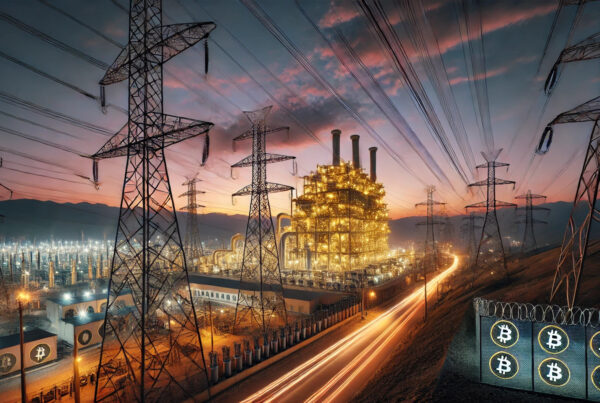 In an era marked by unprecedented geopolitical instability, the world’s energy landscape is undergoing a profound transformation. Lorenzo Simonelli, the CEO of Baker Hughes, a leading oilfield services company, recently shed light on this phenomenon, drawing parallels with the tumultuous oil embargo of 1973. His observations come at a time when the international community is grappling with an escalation in geopolitical tensions and an energy crisis of significant magnitude.
In an era marked by unprecedented geopolitical instability, the world’s energy landscape is undergoing a profound transformation. Lorenzo Simonelli, the CEO of Baker Hughes, a leading oilfield services company, recently shed light on this phenomenon, drawing parallels with the tumultuous oil embargo of 1973. His observations come at a time when the international community is grappling with an escalation in geopolitical tensions and an energy crisis of significant magnitude.
Lorenzo Simonelli, the CEO of Baker Hughes, shared these insights during a discussion with the Financial Times, “From a historical context I’ve heard people say, you go back to the oil embargo of 1973 — that being somewhat similar.”
The ongoing conflict between Israel and Hamas, alongside Russia’s invasion of Ukraine, has intensified the global geopolitical climate, contributing to a surge in energy demand and a reevaluation of energy dependencies. This scenario has particularly spotlighted the significance of liquefied natural gas (LNG) as a critical energy resource.
The geopolitical unrest has triggered fluctuations in oil prices, with significant spikes observed following key events such as Russian troops’ entry into Ukraine and the recent attacks by Hamas militants on Israel. While prices have stabilized somewhat, the potential for further escalation in the Middle East or deteriorating economic data could alter market dynamics.
Despite Israel’s limited role in crude production, the conflict’s impact on energy supply and demand remains a subject of analysis. Simonelli underscores that a major intervention by Iran, given its connections with Hamas, could further influence oil prices.
Europe’s reliance on Russian gas has been a wake-up call, leading to an increased demand for LNG, particularly from the U.S. The resulting expansion in LNG facilities, for which Baker Hughes supplies equipment, is a testament to this shift. With projections indicating a significant rise in global LNG capacity needs, Europe’s energy strategy is in a state of flux.
Simonelli’s perspective is clear: Europe’s energy dependence issues have been laid bare, and LNG stands as a viable alternative, with a long-term role in the energy mix. Despite the climate concerns raised by environmentalists, he argues for LNG’s role in reducing emissions and its potential in displacing coal usage.
The current geopolitical landscape has catalyzed a shift in the global energy paradigm, with LNG emerging as a crucial component in addressing the challenges of energy security and sustainability. As nations navigate these turbulent times, the role of companies like Baker Hughes and the strategic decisions surrounding energy resources will continue to shape our world.








